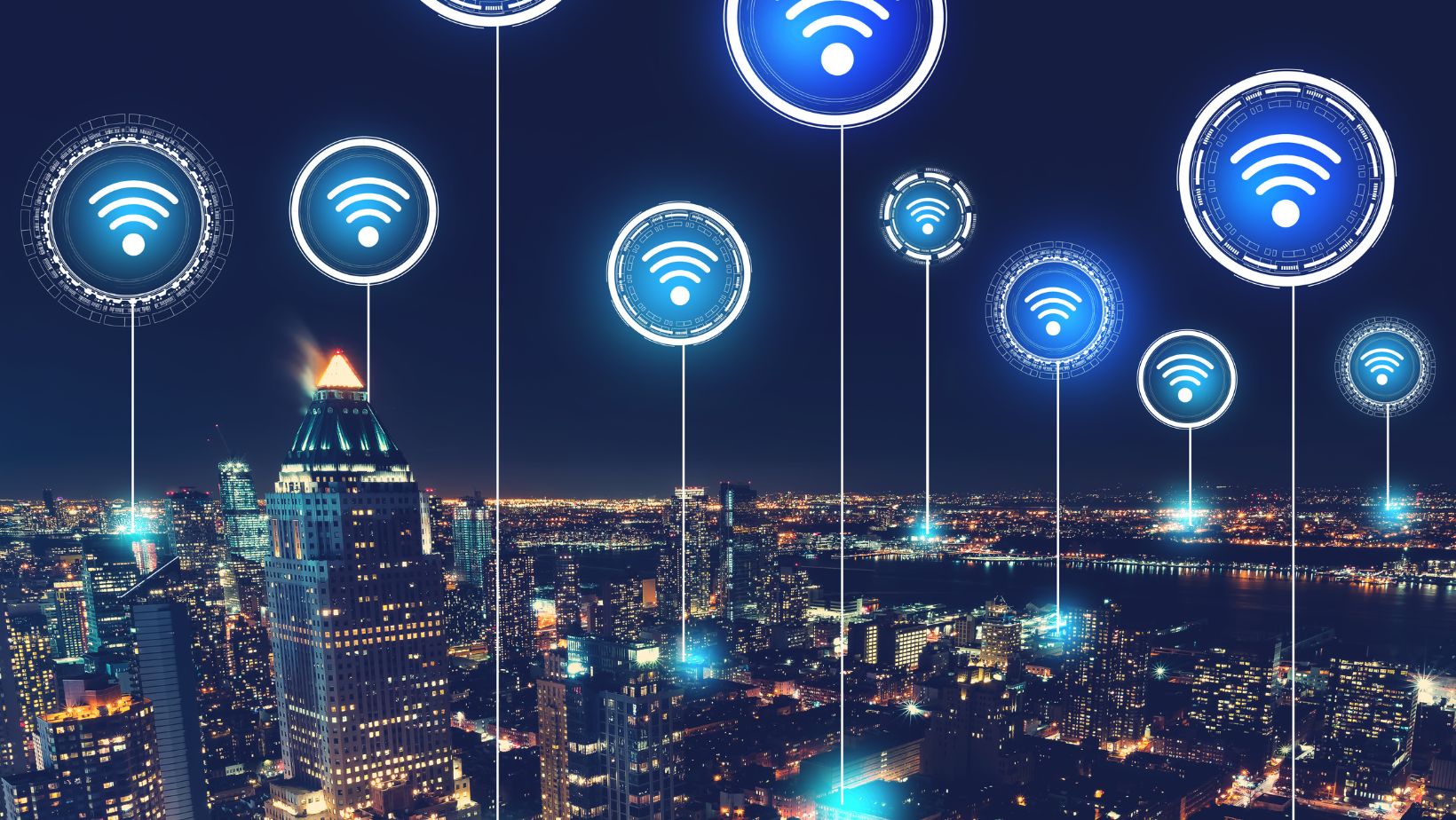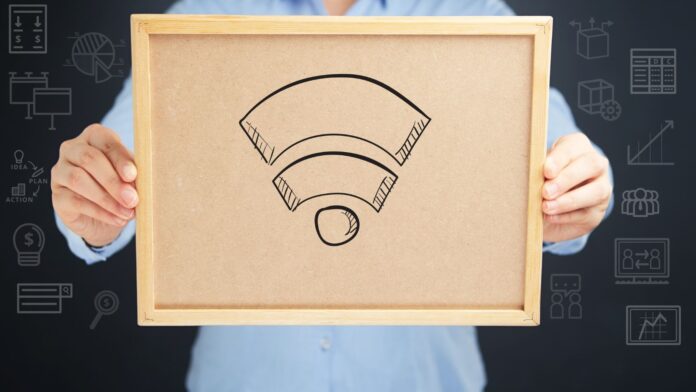Why is My Verizon Service so Bad
Having a reliable wireless signal is crucial in today’s connected world, but sometimes our Verizon service can leave us frustrated and wondering why it’s so bad. There are several factors that can impact your wireless signal, causing issues with call quality, internet speed, and overall connectivity. In this article, I’ll explore some of the common reasons behind poor Verizon service and provide insights on how to improve it.
One factor that can affect your Verizon service is the distance between your device and the nearest cell tower. The farther you are from the tower, the weaker your signal may be. This is particularly true in rural or remote areas where cell towers are sparser. Additionally, obstacles like buildings, trees, or even severe weather conditions can interfere with the radio waves traveling between your device and the tower.
Another potential culprit for bad Verizon service is network congestion. When there are too many devices connected to a particular cell tower at once, it can strain the network capacity and lead to slower speeds or dropped calls. This commonly occurs in densely populated areas or during peak usage times when many people are using their devices simultaneously.
Lastly, your own equipment could be contributing to the problem. Outdated or malfunctioning devices such as routers or modems may not effectively transmit or receive signals, leading to poor performance. It’s also worth checking if there are any software updates available for your device that could help optimize its connection to Verizon’s network.
By understanding these factors that impact your wireless signal, you can take steps to improve your Verizon service. Whether it involves adjusting your location in relation to a cell tower, managing network congestion by using Wi-Fi whenever possible, or upgrading outdated equipment – there are solutions available to enhance your connectivity experience with Verizon. So let’s dive deeper into each factor and find ways to overcome them for better wireless performance!

Wireless Signal Strength
When it comes to wireless service, signal strength plays a crucial role in determining the quality of your connection. If you’re experiencing bad Verizon service, one possible factor to consider is the strength of your wireless signal. Let’s delve into some key points that shed light on this issue.
- Distance from the Cell Tower: The proximity between your device and the nearest Verizon cell tower can significantly impact signal strength. The farther you are from the tower, the weaker your signal may be. Obstacles such as buildings, trees, or hills can also interfere with the signal and cause degradation.
- Interference from Other Devices: Wireless signals can be affected by interference from other electronic devices operating on similar frequencies. Cordless phones, microwaves, baby monitors, and even neighboring Wi-Fi networks can disrupt your Verizon signal and lead to poor service.
- Building Materials: The construction materials used in your home or office can affect how well wireless signals penetrate indoors. Concrete walls, metal structures, and energy-efficient windows can impede signal propagation and result in weaker reception.
- Network Congestion: In areas with high population density or heavy network usage, network congestion may occur. During peak times when many people are utilizing their devices simultaneously, it could strain the network infrastructure and cause diminished performance for all users in that area.
To improve your wireless signal strength:
- Consider relocating closer to a Verizon cell tower if possible.
- Minimize interference by keeping other electronic devices away from your router or smartphone.
- Use Wi-Fi extenders or repeaters to expand coverage within your home or office.
- Connect to a less congested Wi-Fi channel if applicable.
- Consult with Verizon support for additional troubleshooting steps tailored to your specific situation.
Remember that while these factors contribute to overall wireless signal strength, they might not be solely responsible for any issues you’re facing with Verizon service. It’s always a good idea to contact Verizon customer support for further assistance and guidance.
In conclusion, understanding the factors that impact your wireless signal strength can help you troubleshoot issues with your Verizon service. By addressing these factors and taking appropriate steps, you can optimize your signal reception and enjoy a better wireless experience.


